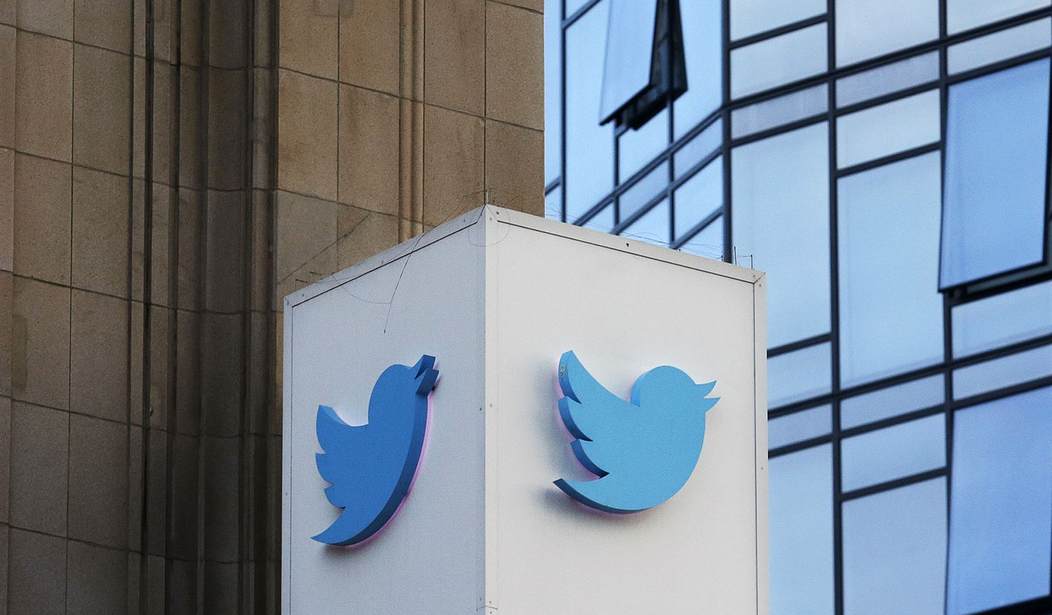It feels like everything is making its way out into the open, after Elon Musk shocked the social media and political world by purchasing Twitter.
As Jennifer Van Laar reported on Tuesday evening, Project Veritas obtained audio of Twitter’s “all-call” meeting following the blockbuster deal. RedState first reported the results of it on Monday, noting the fear and dread pointed toward Musk’s acquisition.
Now, Project Veritas has dropped another very interesting piece of information, this time on Twitter’s alleged practice of “shadow-banning,” which essentially just means throttling an account’s reach and visibility. I’ll get to why this is important in a moment, but here’s the video Project Veritas put out of Twitter employees discussing the practice and its existence.
If you watch the video, what you’ll see is one employee asking about whether shadow-banning can happen and if it’s something that is done. The other employee, in a very coy fashion, makes a semantical argument about how the company defines the term, which is a dead giveaway that they are using the practice but calling it something else. Then, it is admitted that “yes, we can reduce visibility on surfaces.”
What’s fascinating about this is that Twitter founder Jack Dorsey once testified before Congress that shadow-banning was a “bug,” and that the accounts that were targeted were done so unintentionally. The then-CEO made those claims back in 2018.
Twitter’s supposed account shadow banning, which the company says was a bug, was “unfairly filtering 600,000 accounts, including some members of Congress” in search auto-complete and results. CEO Jack Dorsey confirmed the figure during his opening statement to the House Energy and Commerce Committee Wednesday; he shared the statement in a thread of tweets.
Dorsey explained that the shadow banning occurred due to algorithms that take into account how the people following those filtered accounts behave on the platform. Ultimately, Twitter determined that wasn’t a fair way to assess accounts, and changed course. “We’ll always improve our technology and algorithms to drive healthier usage, and measure the impartiality of outcomes,” he said.
Yet, the leaked Slack conversation posted by Project Veritas exposes the fact that shadow-banning is not an inadvertent “bug,” but that it exists as an offensive capability of Twitter. Did Dorsey lie to Congress? Certainly, he’s not going to be punished for it if he did (only Trump associates have to play by those rules), but it’s still fun to see this stuff brought to light.
For years, many conservative accounts have noticed stagnant follower counts and reduced engagement on the platform. Yet, those on the other side of the discussion have long dismissed allegations of shadow-banning as conspiracy theories. It appears the suspicions were warranted, though.
It’s also worth noting that after Musk bought Twitter, there seemed to be a change in the algorithm, resulting in large follower and engagement bumps for many conservative accounts. My account is on the smaller end (14.8K followers), but I’ve picked up several hundred just in the last 24 hours. Why is that suddenly happening, even before Musk technically takes full control? Some are suggesting that it’s the current Twitter regime trying to cover their tracks, getting rid of the shadow bans and throttling algorithms, so Musk can’t expose what they’ve been doing.
Either way, it looks like a new day of free speech and extended reach has dawned on the social media giant that is most important in the political world. Fun days are ahead.














Join the conversation as a VIP Member